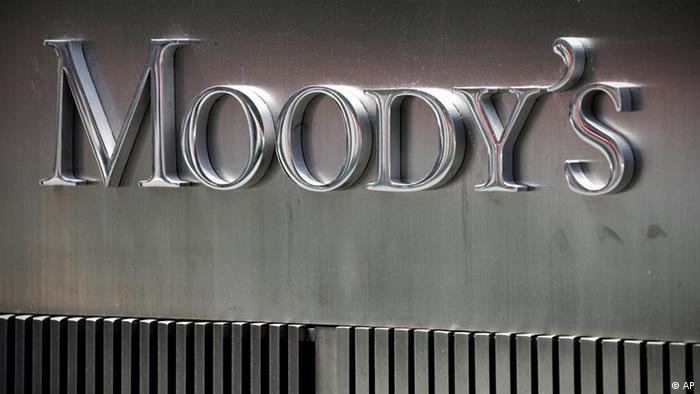Moody’s Ratings, a global credit rating agency, on Friday said Pakistan government’s newly-announced budget for fiscal year 2024-25 would “likely support” Islamabad’s ongoing talks with the International Monetary Fund (IMF) for a new Extended Fund Facility (EFF).
However, it warned that a resurgence of social tensions in the wake of high inflation could weigh on the government’s reform implementation.
On Wednesday, Finance Minister Muhammad Aurangzeb announced Pakistan’s federal budget 2024-25, targeting a modest 3.6% growth for the coming fiscal year, as Islamabad looked to appease the Washington-based lender and balance its burgeoning books with higher taxation.
Pakistan is currently engaged in talks with the IMF for a longer, larger programme as it seeks permanent macroeconomic stability. Aurangzeb, during his budget speech and the post-budget press briefing, said early July is by when the staff-level agreement could be finalised.
Commenting on the budget, Moody’s said the budget for FY25 outlines a quickening of fiscal consolidation to be achieved through increases in taxes and stronger projected nominal growth.
“The announced budget will likely support Pakistan’s ongoing negotiations with the IMF for a new Extended Fund Facility (EFF) programme that will be crucial for the government to unlock financing from IMF and other bilateral and multilateral partners to meet its external financing needs,” said the global rating agency.
“However, it will be the government’s ability to sustain reform implementation that will be key to allowing Pakistan to meet its budget targets and continually unlock external financing to meet its needs, leading to a durable easing of liquidity risks.”
Moody’s warned that a resurgence of social tensions on the back of the high cost of living (which may increase because of higher taxes and future adjustments to energy tariffs) could weigh on reform implementation.
“Moreover, risks that the coalition government may not have a sufficiently strong electoral mandate to continually implement difficult reforms remain,” it said.
The government on Wednesday announced a consolidated (federal and provincial) budget deficit of 5.9% of GDP for fiscal 2025, narrowing from an estimated 7.4% for fiscal 2024. The primary balance is set at a surplus of 2.0% of GDP for fiscal 2025, from around 0.4% for fiscal 2024.
The government projects real GDP growth at 3.6% for fiscal 2025 and headline inflation at 12%.
Moody’s said that the budget showed the government seeks to achieve quicker fiscal consolidation mainly through revenue increases, with little spending-containment measures.
“The government has set a challenging target to substantially increase federal government revenue to Rs17.8 trillion, about 46% higher from a year ago,” it noted.
Moody’s noted the increase in revenue is led by a 40% increase in tax revenue that the government seeks to achieve through a combination of new taxes (for example, higher taxes on cars, cement, steel, gas and diesel) and stronger nominal growth.
“Overall, the government targets an increase in revenue/GDP to 14.3% in fiscal 2025 from 11.5% in fiscal 2024.”
At the same time, the budget is targeting an overall federal government expenditure of PKR18.9 trillion, about 25% higher than a year ago, it said.
“The increase in expenditure reflects lack of significant cost-containment measures and Pakistan’s very high interest payments,” said Moody’s.
The agency stated that the budget allocated subsidies increased by 27% to Rs1.4 trillion, mainly driven by large increases in subsidies to the power sector, reflecting limited progress in energy sector reforms.
The government also announced an increase in public sector pensions and salary budgets.
Pakistan hopes for Moody’s rating upgrade as economic indicators improve
“Meanwhile, the government spends more than half its revenue on interest payments, indicating very weak debt affordability which drives high debt sustainability risks,” highlighted Moody’s.
The budget estimated debt servicing payments to have increased by about 18% for fiscal 2025 compared with a year ago. About 55% of fiscal 2025 revenue (PKR9.8 trillion) is earmarked for interest payments on the government’s debt.
“Pakistan’s very weak debt affordability drives high debt sustainability risks,” Moody’s noted.
“Having a significant share of its budget allocated towards debt payments will constrain the government’s capacity to service its debt while meeting essential social spending and infrastructure needs,” it said.

